Top scientists advising the government on its coronavirus response have warned that it is too soon to lift lockdown measures next week and the move risked causing a second wave of cases.
Ahead of a sunny weekend, three experts broke ranks to voice fears about easing restrictions from Monday as the Covid-19 infection rate remains relatively high, with some 8,000 new cases per day.
Professor John Edmunds, a member of the Scientific Advisory Group for Emergencies (Sage), warned that Boris Johnson’s decision to allow the public greater freedom was “risky”, highlighting uncertainties about the effectiveness of the government’s test and trace programme.
Download the new Independent Premium app
Sharing the full story, not just the headlines
His concern was echoed by Sir Jeremy Farrar, another Sage member, who said “Covid-19 spreading too fast to lift lockdown in England”.
Another Sage member, Professor Peter Horby, also weighed in to warn it was “fragile time” and there was “very little headroom” before the number of cases shot up again.
Downing Street said it had “at all times been informed by the data and evidence” in making decisions.
These striking interventions reveal mounting alarm from scientists about the prospect of a second spike, and come amid concern that the controversy over Dominic Cummings’ alleged breach of lockdown rules has diluted the government’s public health message.
Prof Edmunds, of the London School of Hygiene and Tropical Medicine, told Sky News: “I think it’s risky for a couple of reasons.
“One, I think the reproduction number is only just below one and so there’s not a lot of room for manoeuvre and so small changes can put that reproduction number up above one.”
He added: “I think the other more important thing is that we still have a lot of cases here in this country.
The latest news on Brexit, politics and beyond direct to your inbox
“The numbers of infections that we have is about 8,000 new infections every day in England alone.”
He also raised concerns about the new test and trace system launched on Thursday to track people infected by coronavirus, saying: “We can’t be sure that is working effectively yet, and yet we’re going ahead and making these changes anyway.”
Sir Jeremy, the director of the Wellcome Trust, tweeted: “Covid-19 spreading too fast to lift lockdown in England. Agree with John and clear science advice.
“TTI [test and trace] has to be in place, fully working, capable dealing any surge immediately, locally responsive, rapid results and infection rates have to be lower. And trusted.”
Prof Horby, who also chairs a subgroup on virus threats, said he agreed with the concern shown by his fellow scientists.
“You know, we have still got 8,000 cases a day,” he told BBC Radio 4’s Today programme. “We have been very successful in bringing it down, decreasing the numbers because of the social distancing.
“But, you will have heard that the R level is between 0.7 and 0.9, so it’s only a bit below one, so, we have got very little headroom.”
He said the test and trace system would be under a lot of pressure due to the number of cases and that “safety net” was in place to mitigate the risks in increased transmission caused by allowing people to meet friends and family.
Asked if there was a risk of a second spike, he said: “That’s the risk we are all very concerned about. It is a fragile time, we have to be very careful.”
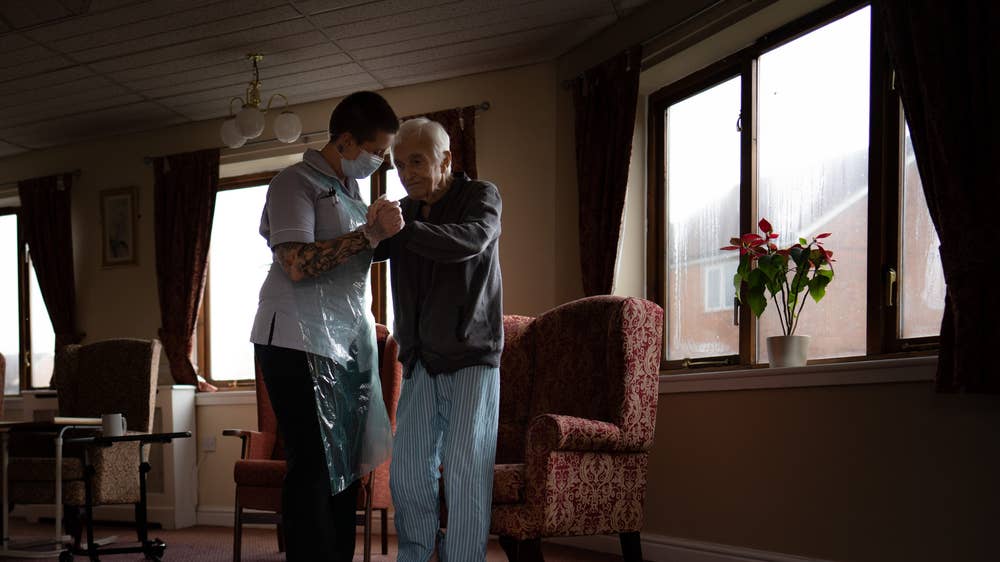
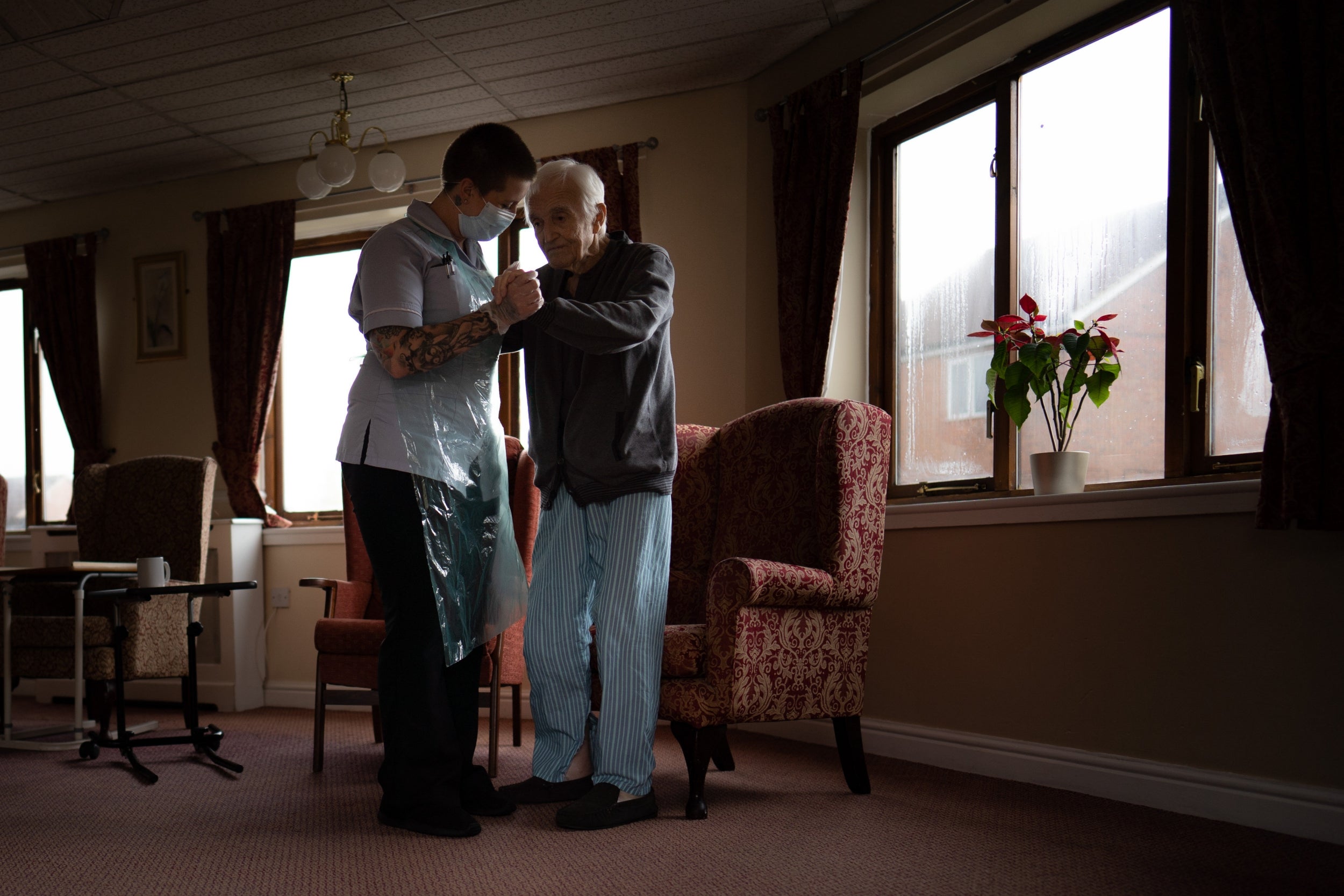
1/18
Jack Dodsley, 79, with a carer in PPE at Newfield Nursing Home
Tom Maddick/SWNS
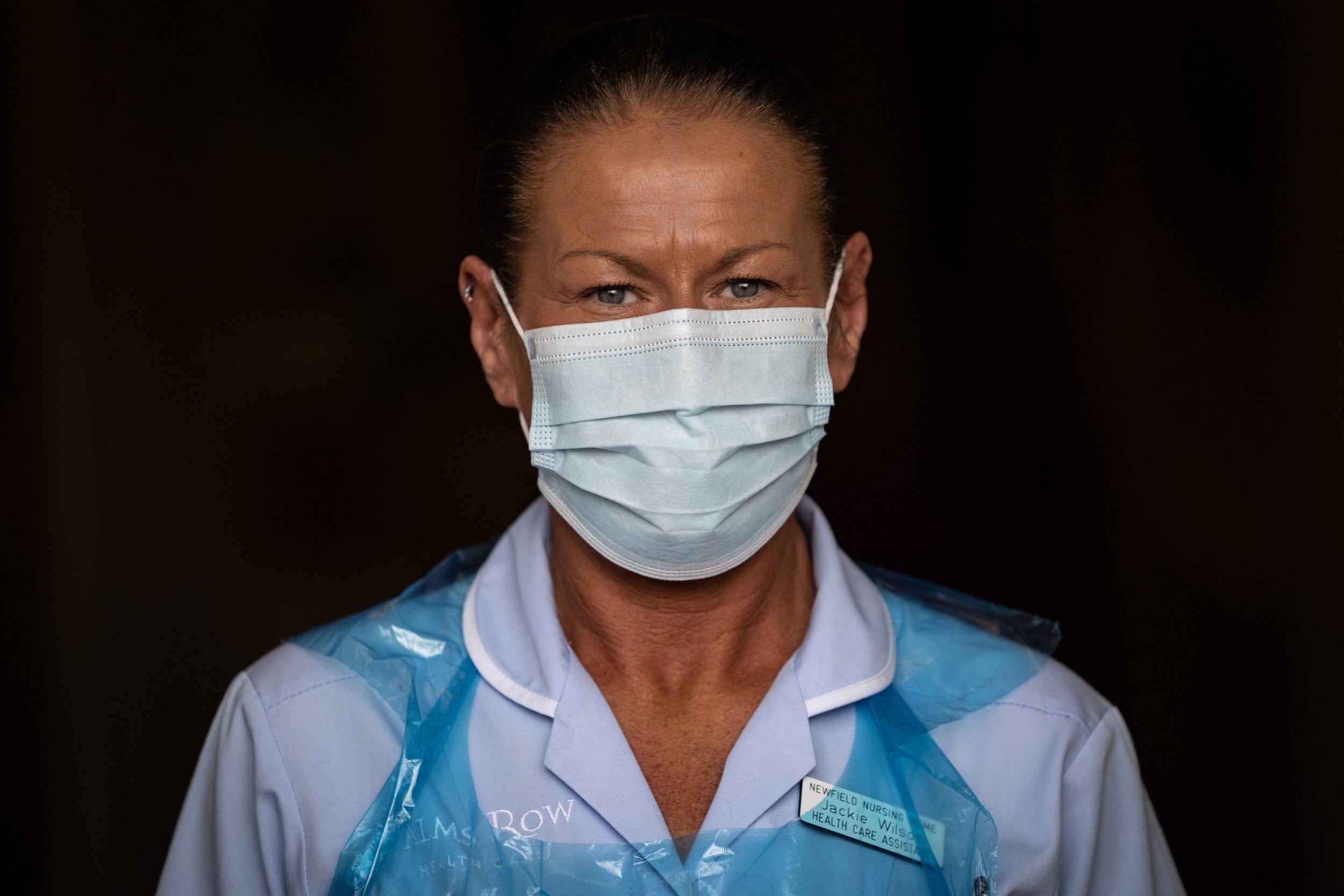
2/18
Jackie Wilson, a healthcare assistant, wearing PPE before going into rooms
Tom Maddick/SWNS
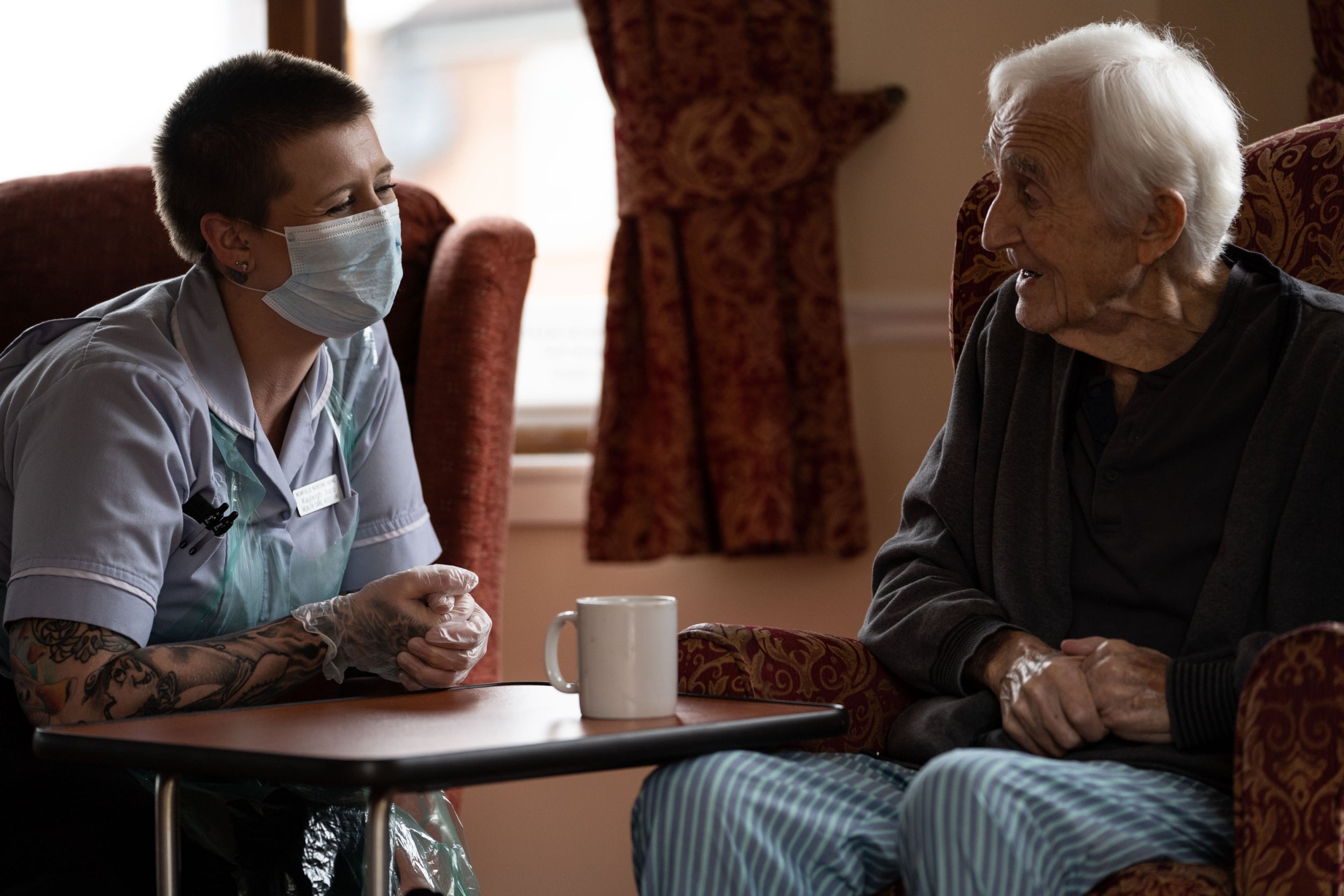
3/18
Jack Dodsley, 79, speaks to a carer at Newfield Nursing Home
Tom Maddick/SWNS
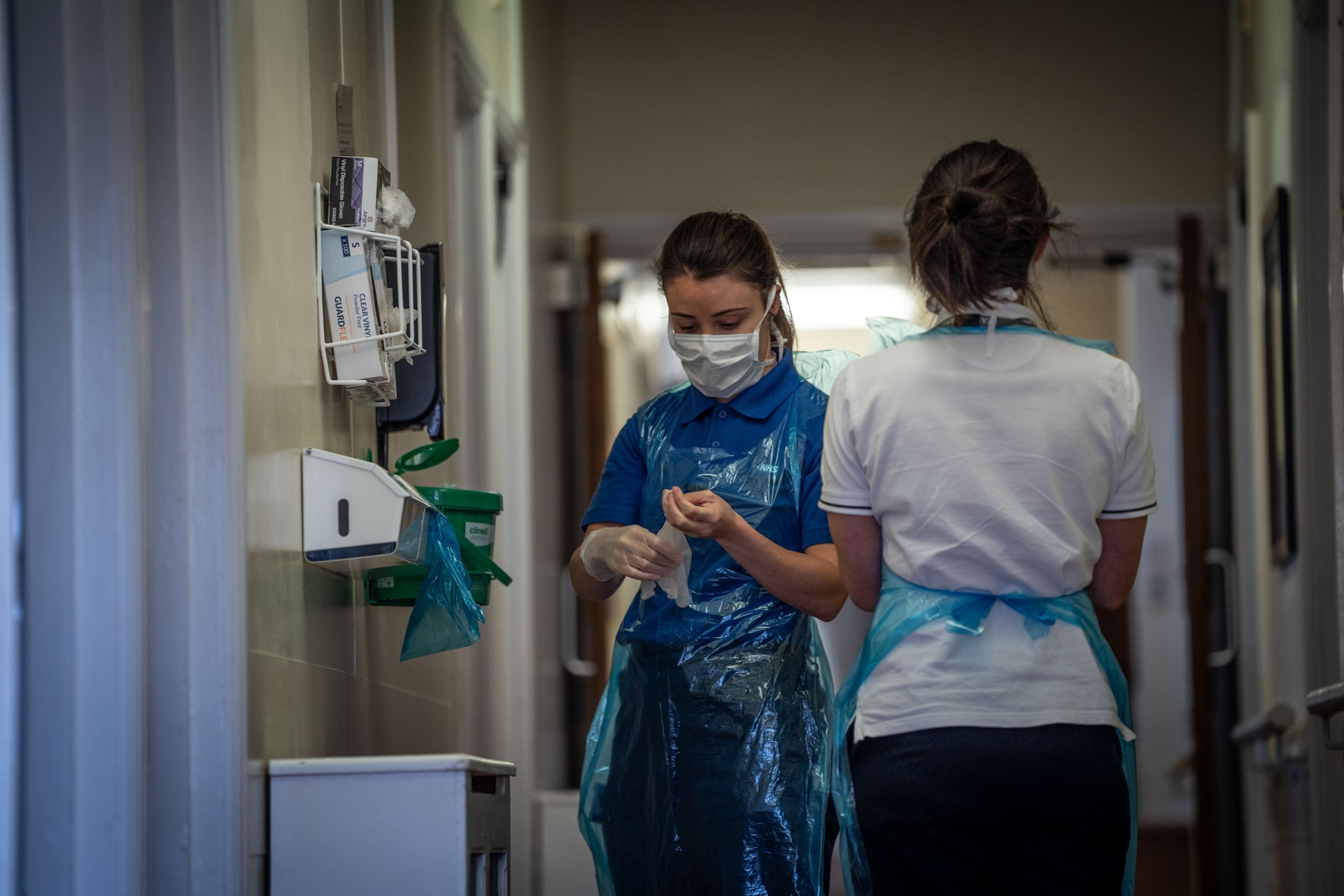
4/18
Carers working at Newfield Nursing Home
Tom Maddick/SWNS
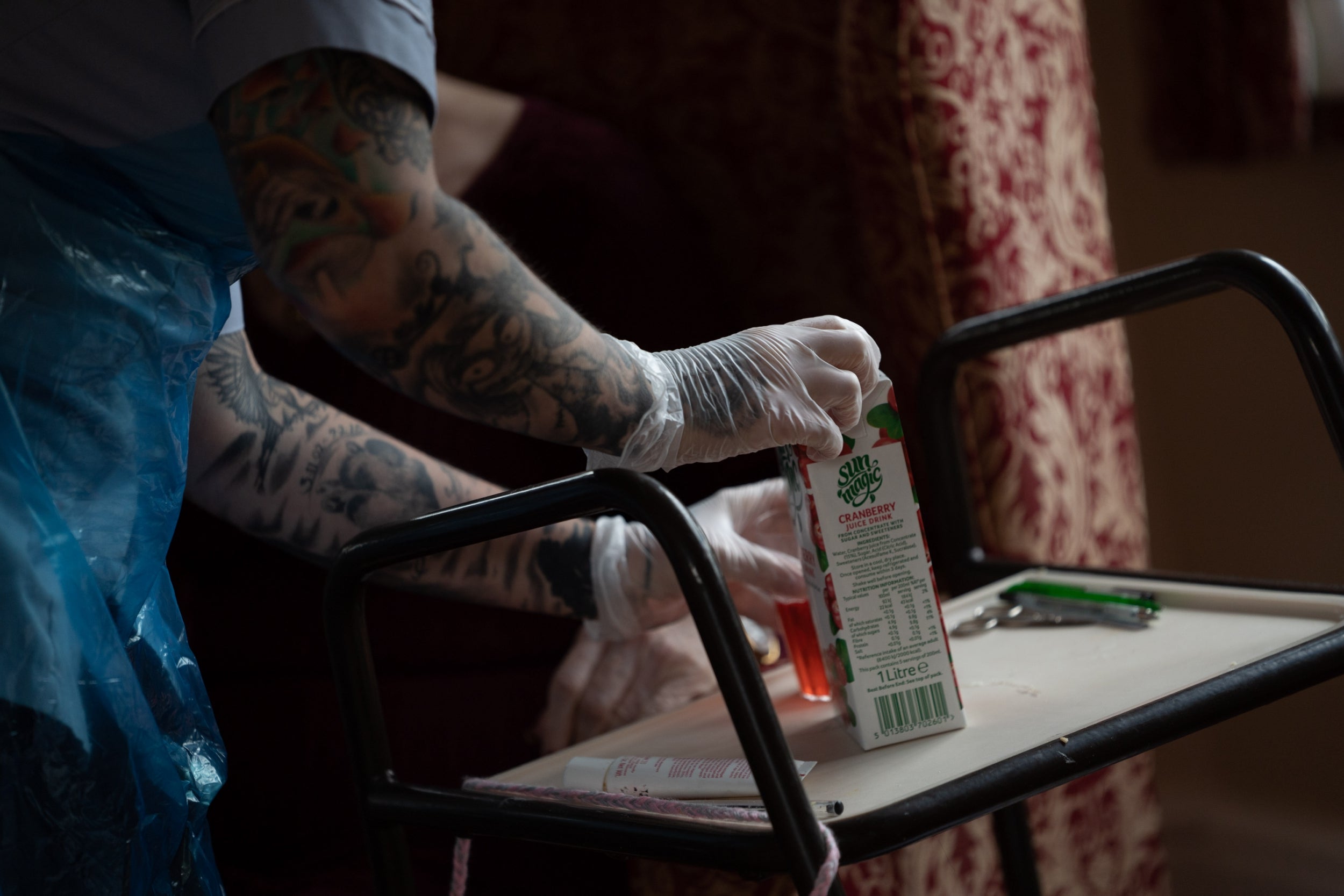
5/18
A care worker wearing PPE opens a drink carton
Tom Maddick/SWNS
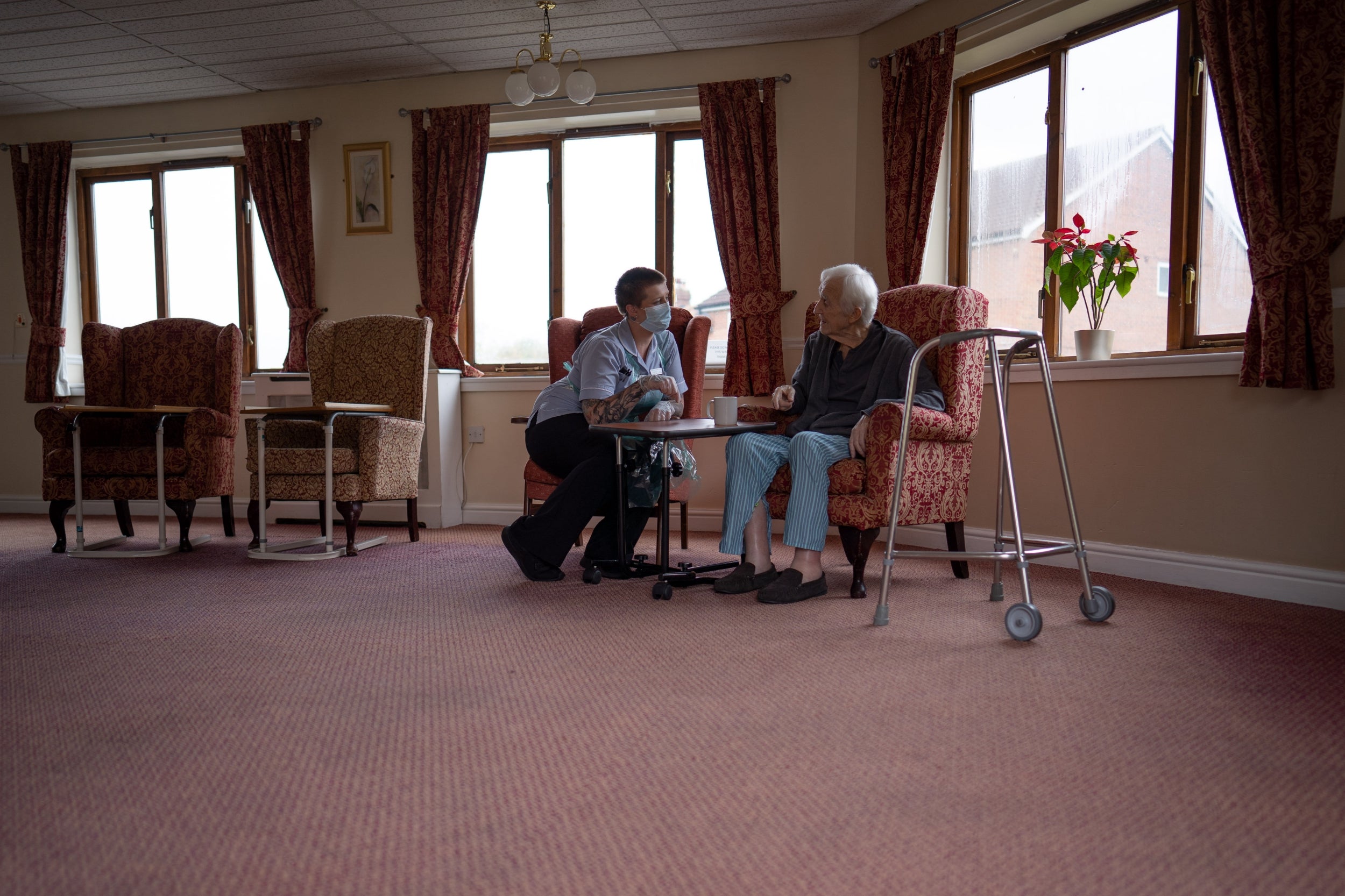
6/18
Jack Dodsley, 79, sits with a carer
Tom Maddick/SWNS
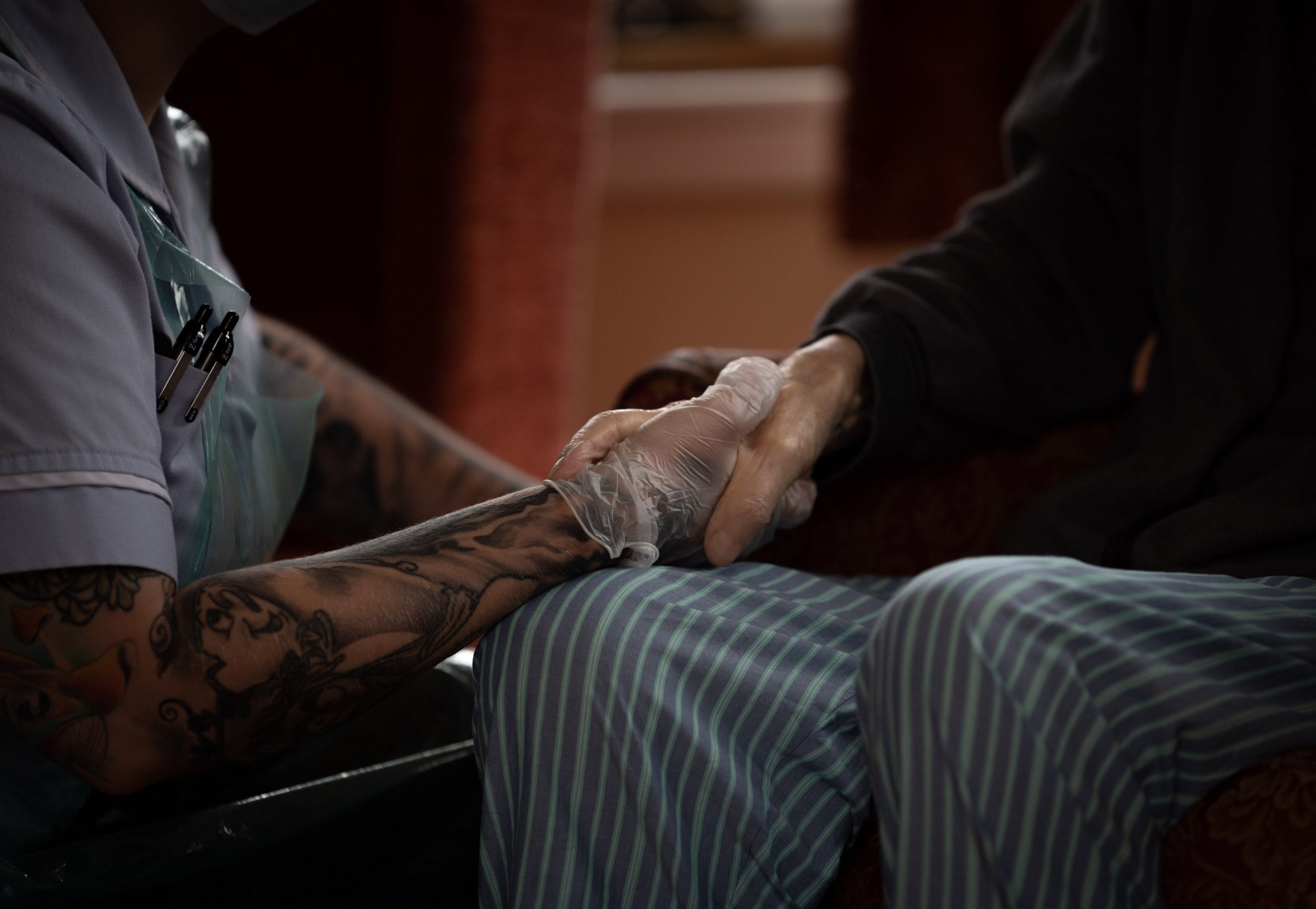
7/18
Jack Dodsley, 79, with a carer in PPE
Tom Maddick/SWNS
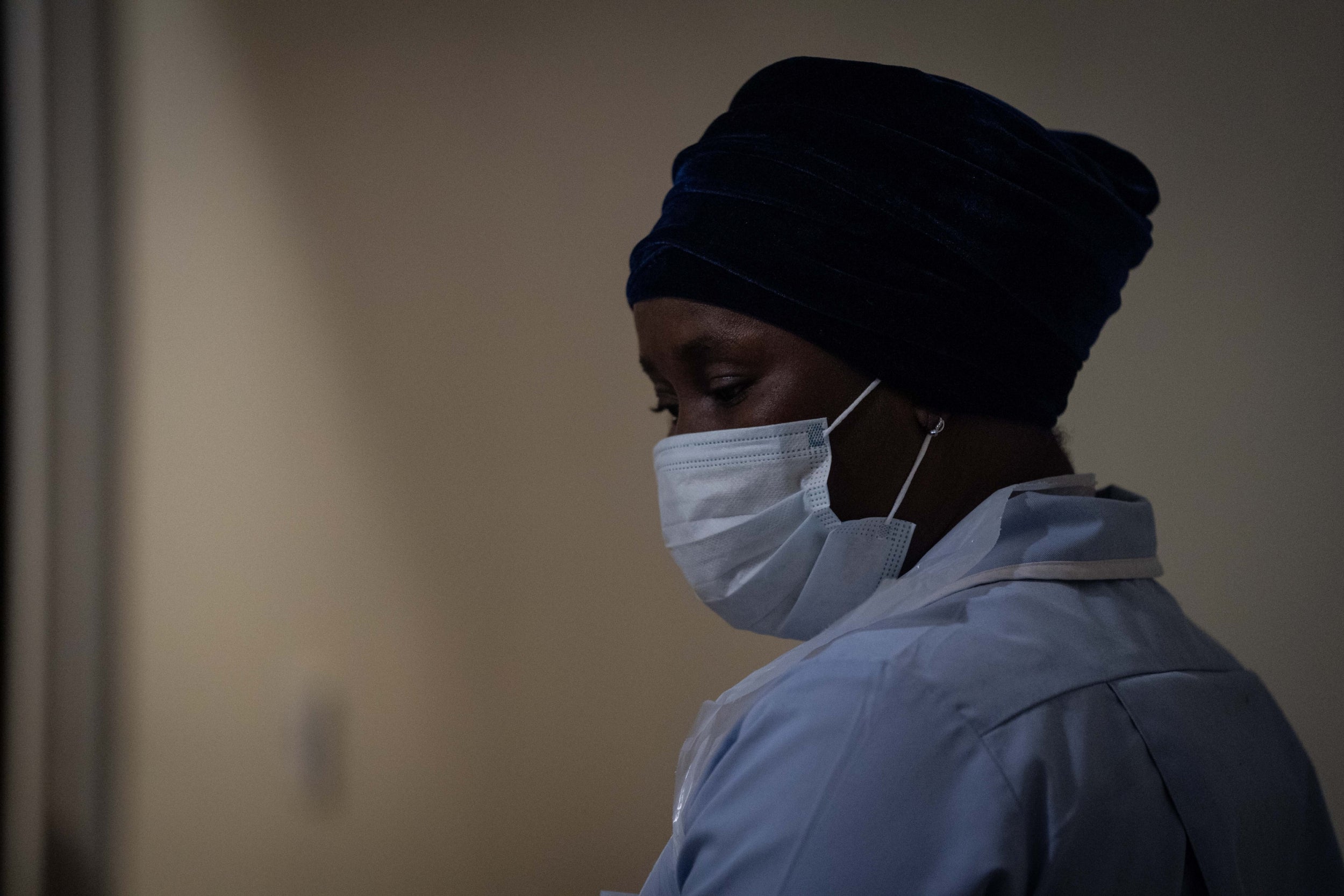
8/18
A care staff member wearing PPE
Tom Maddick/SWNS
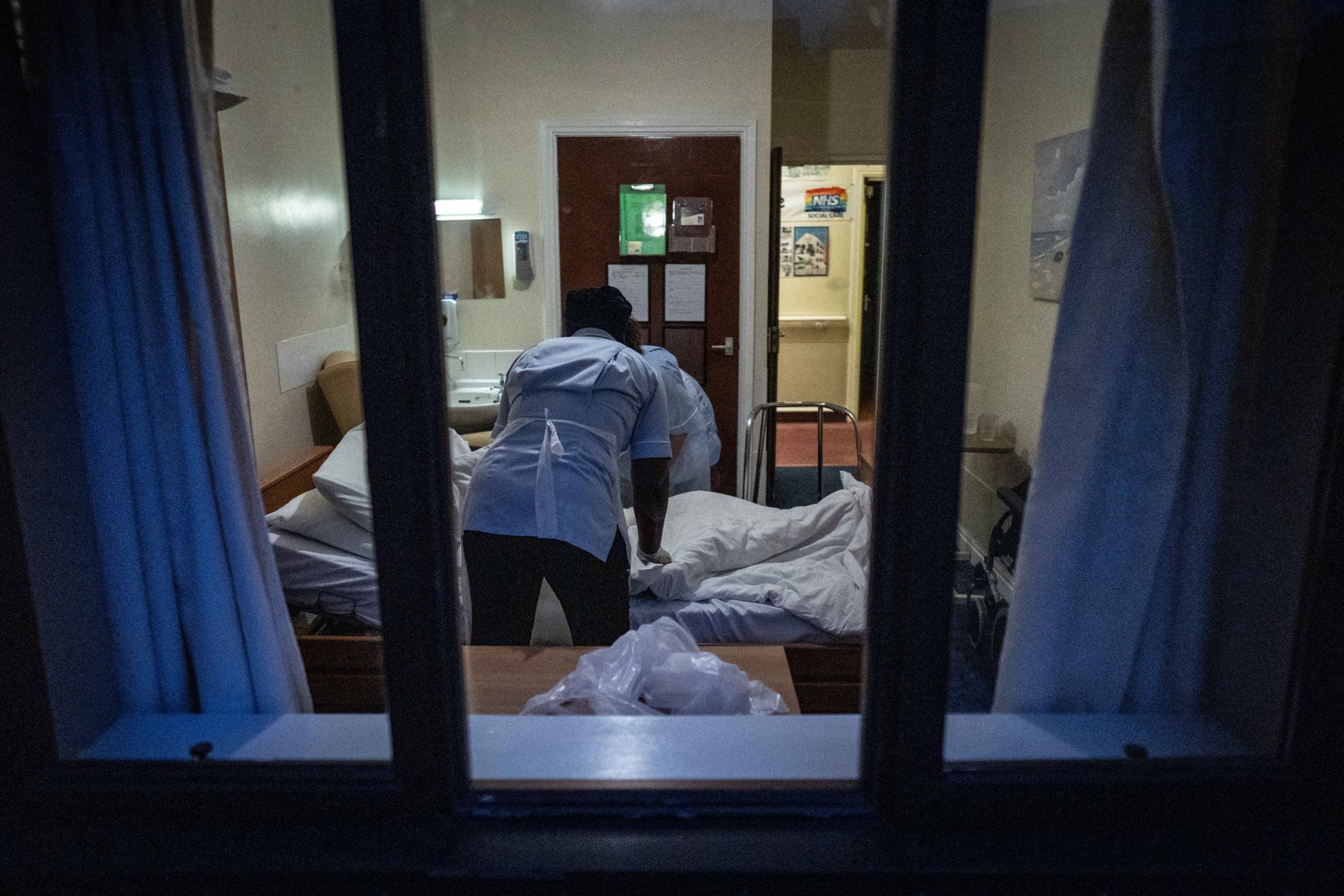
9/18
A staff member at Newfield Nursing Home looks after a resident
SWNS
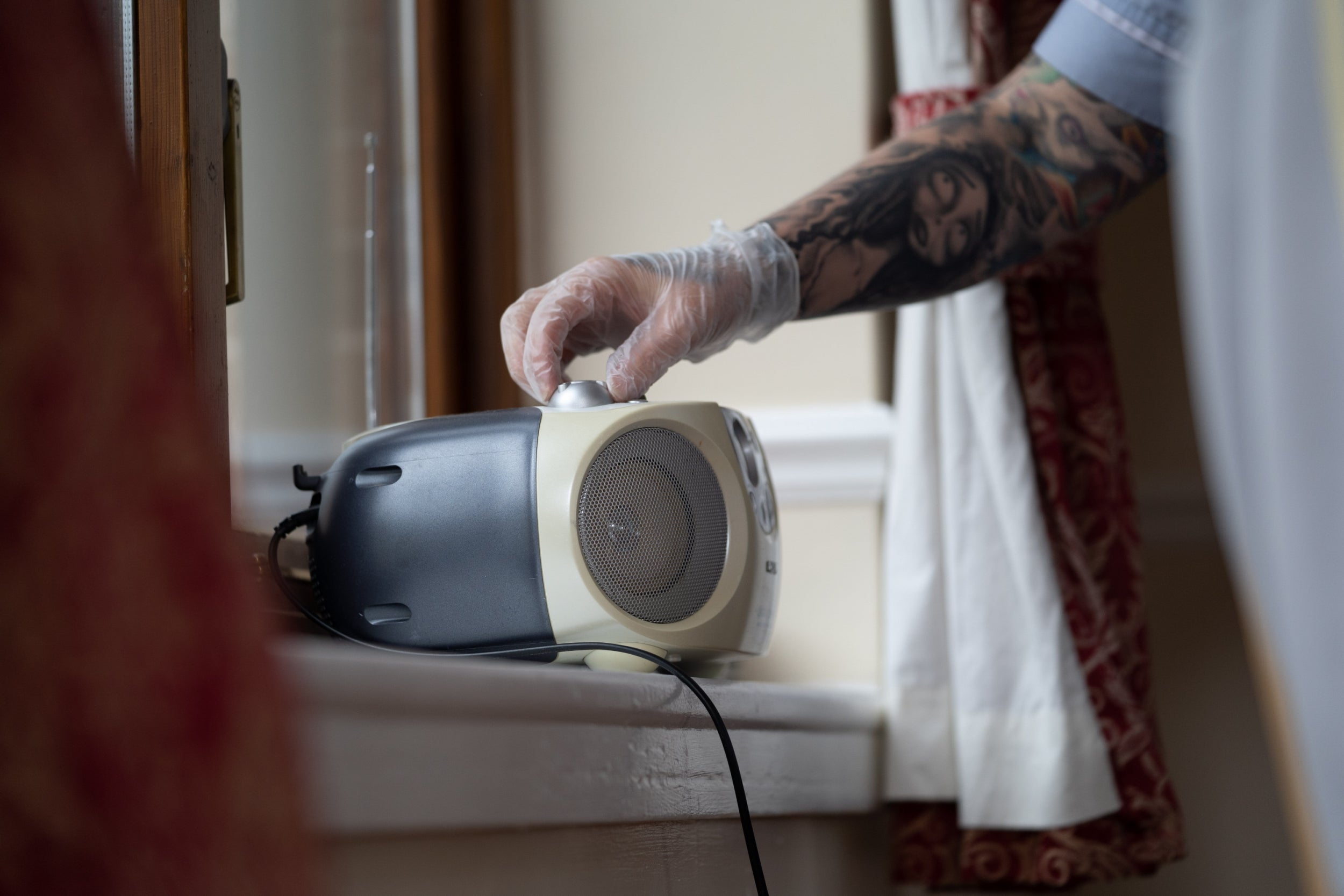
10/18
A carer wearing PPE uses a speaker
Tom Maddick/SWNS
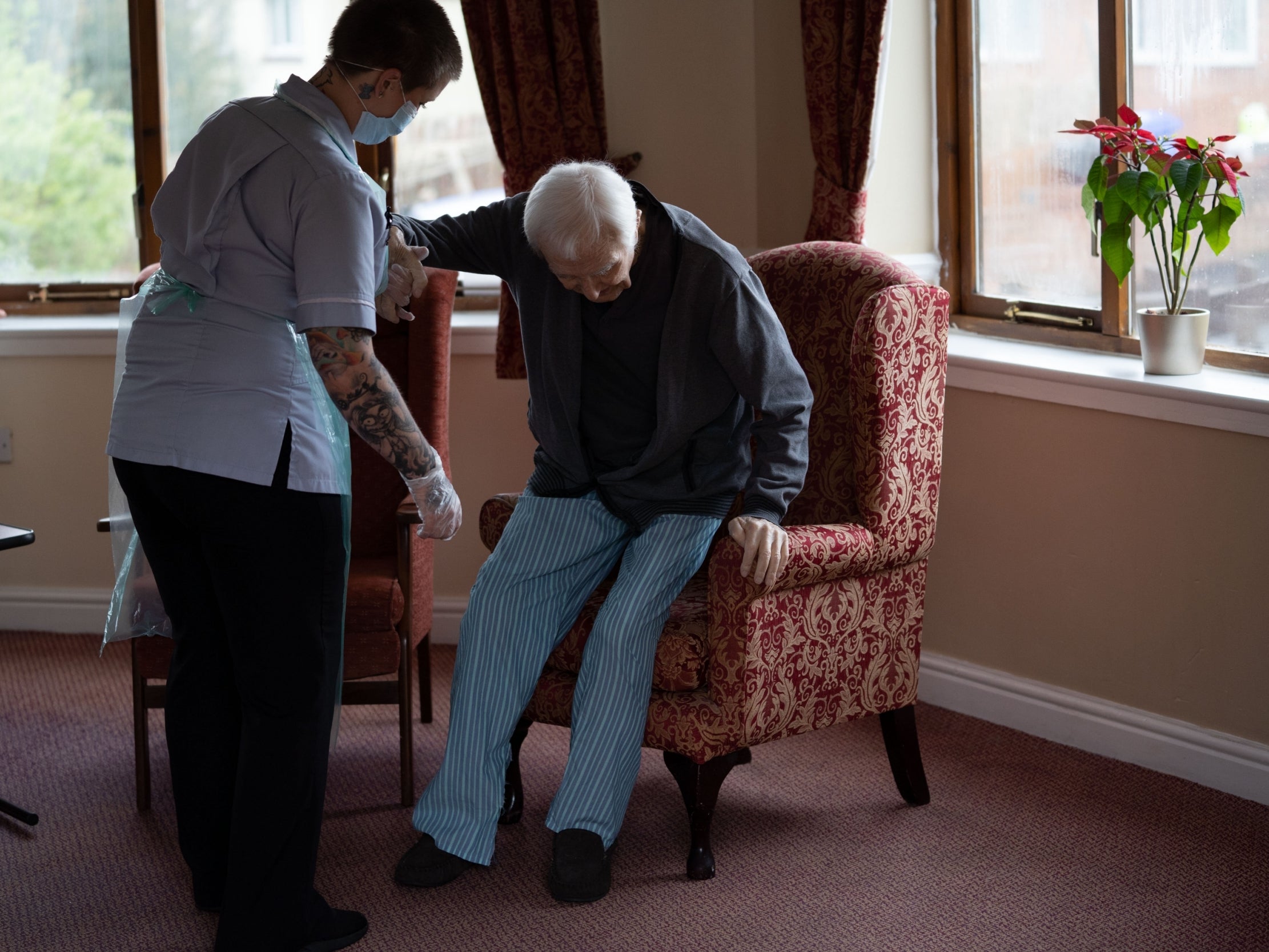
11/18
A carer helps Jack Dodsley, 79, from his chair
Tom Maddick/SWNS
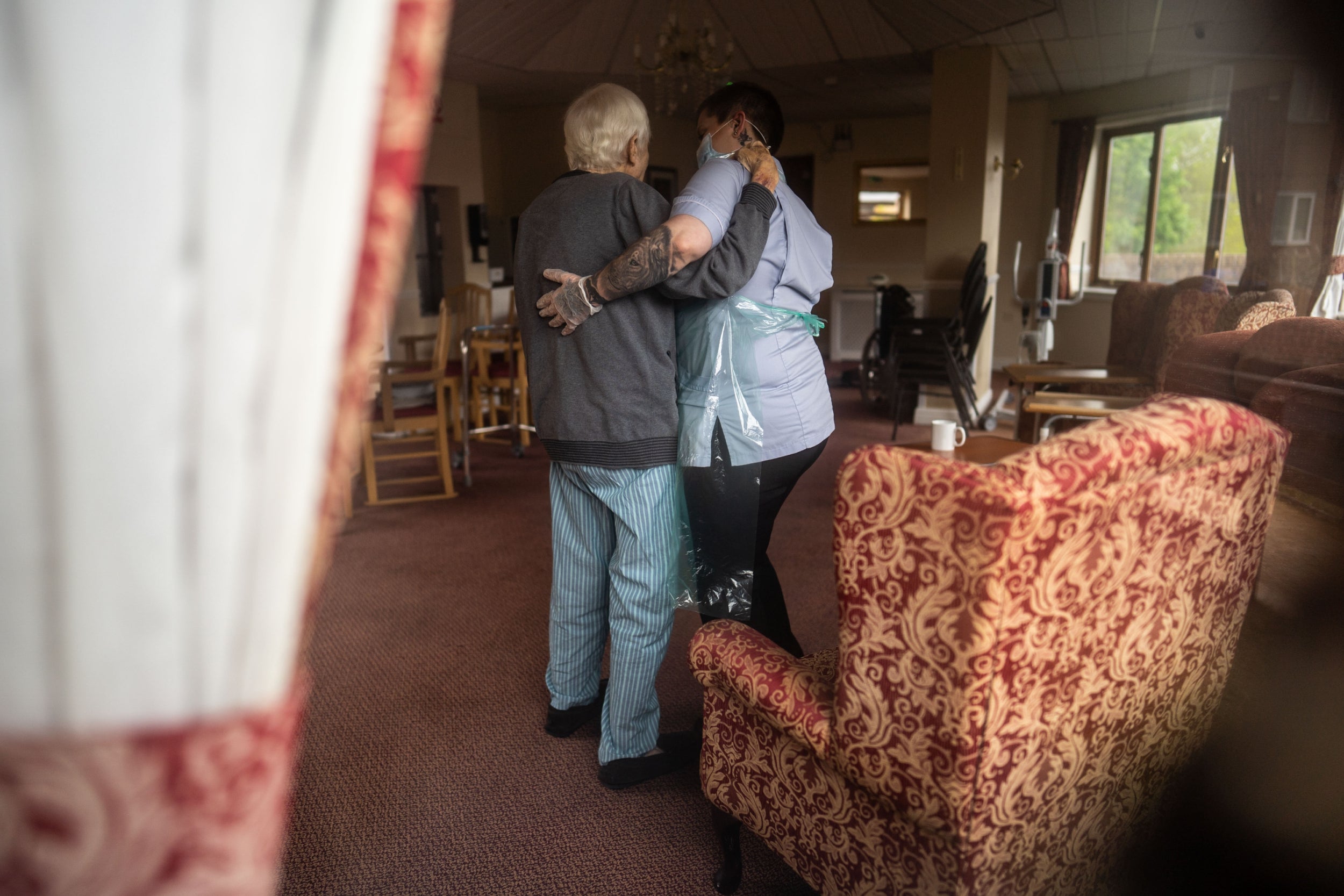
12/18
A carer wearing PPE helps Jack Dodsley, 79
Tom Maddick/SWNS
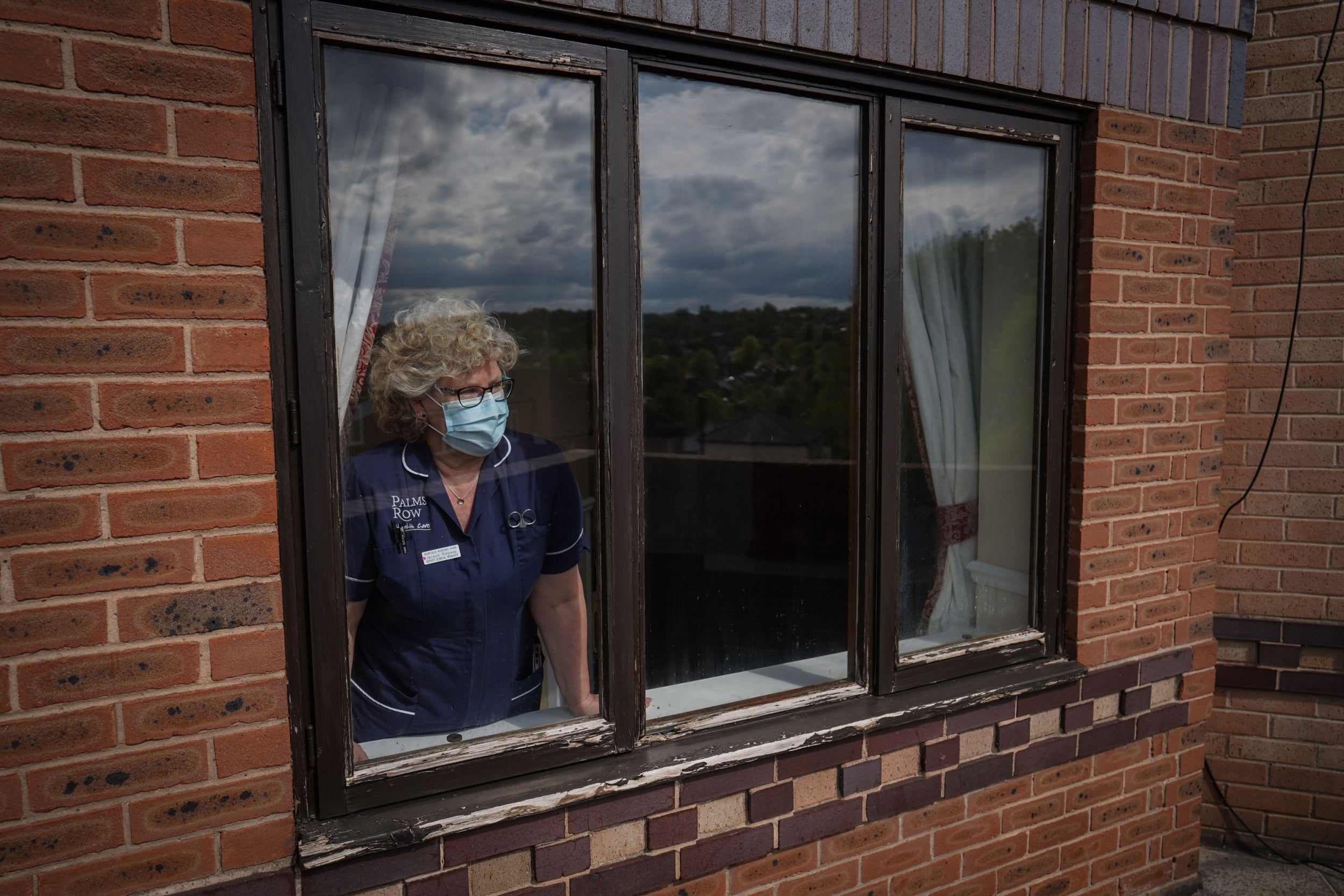
13/18
A staff member at Newfield Nursing Home
Tom Maddick/SWNS
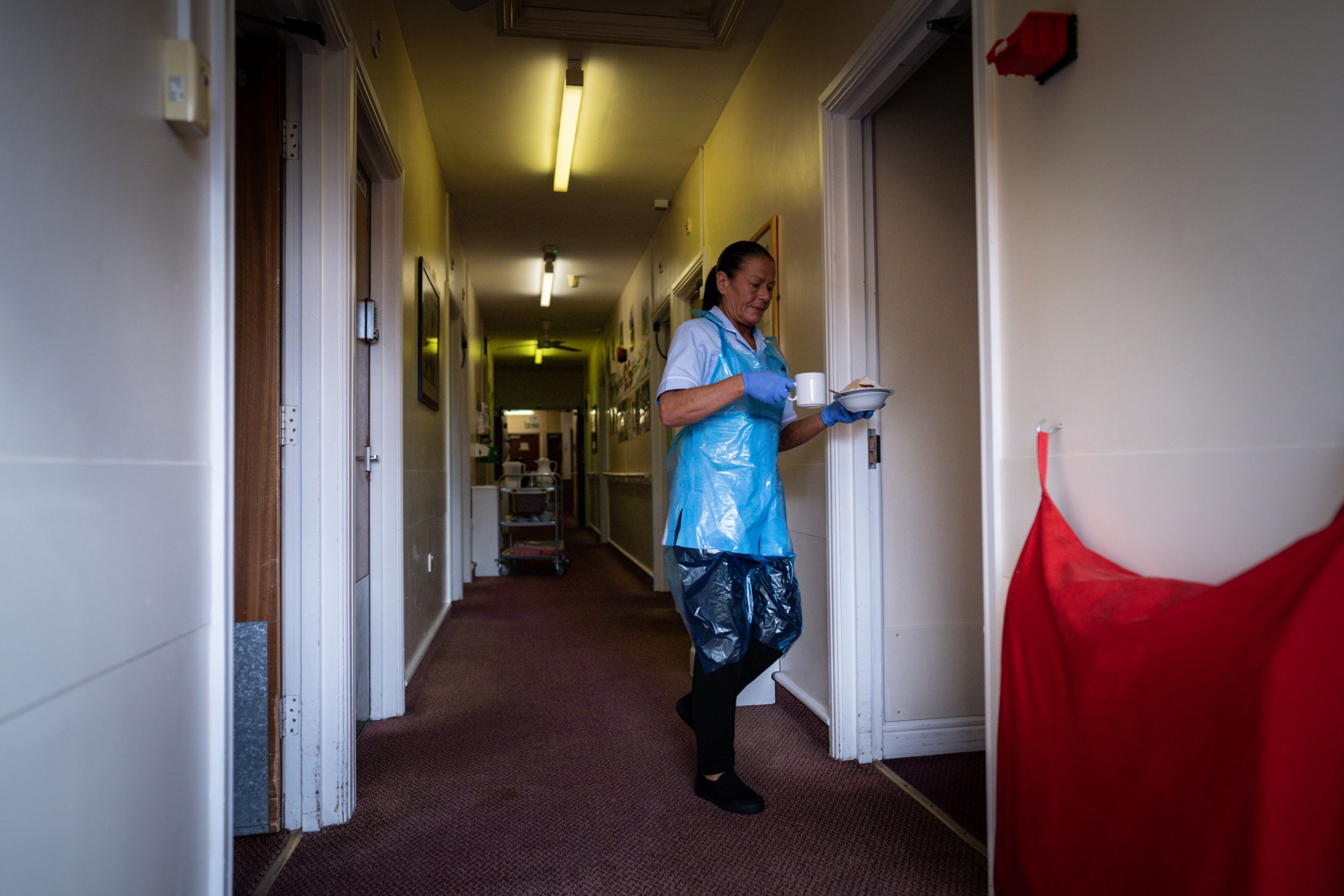
14/18
A carer brings food to a resident at Newfield Nursing Home
Tom Maddick/SWNS
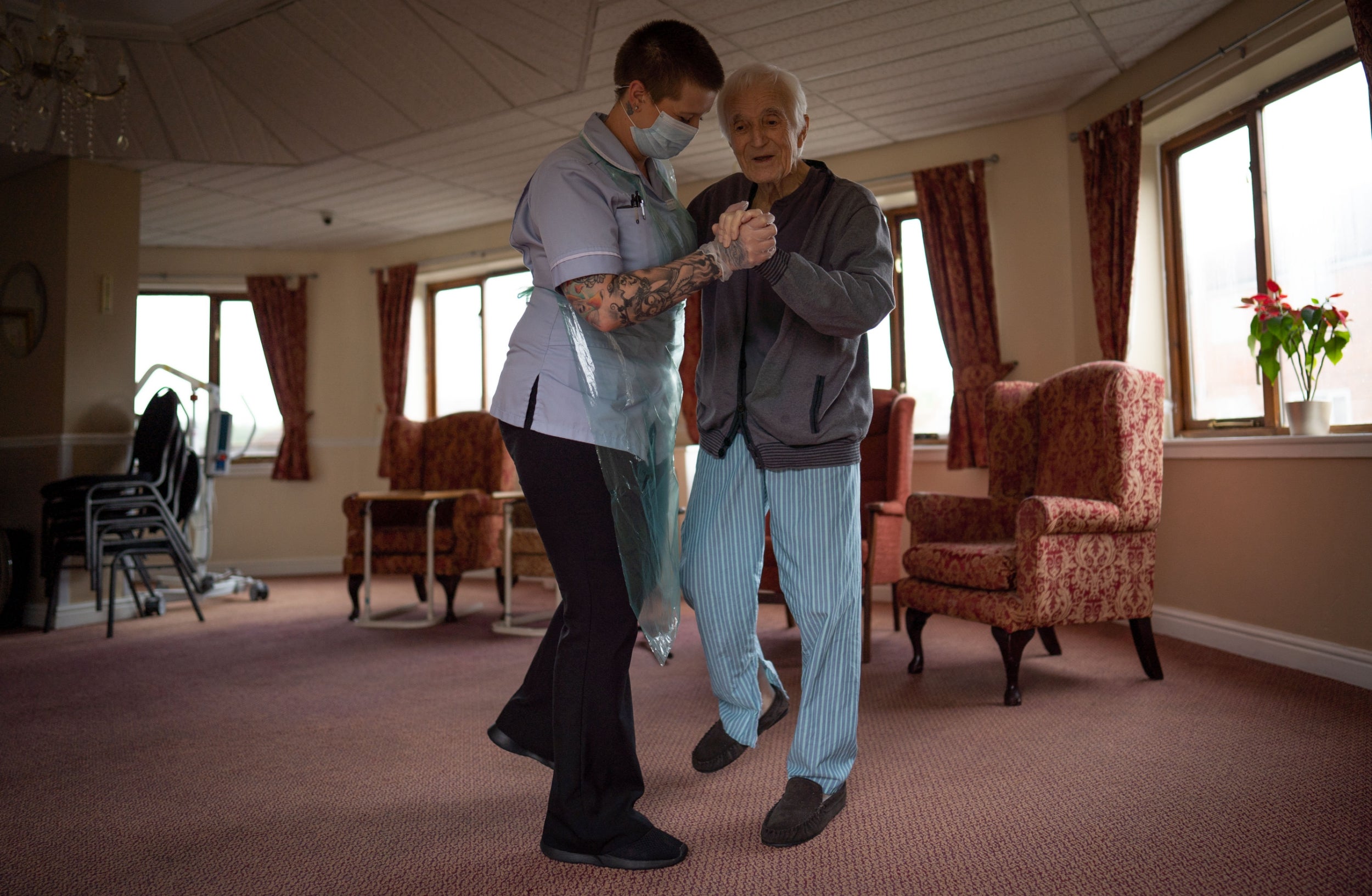
15/18
Jack Dodsley, 79, with a carer in PPE
Tom Maddick/SWNS
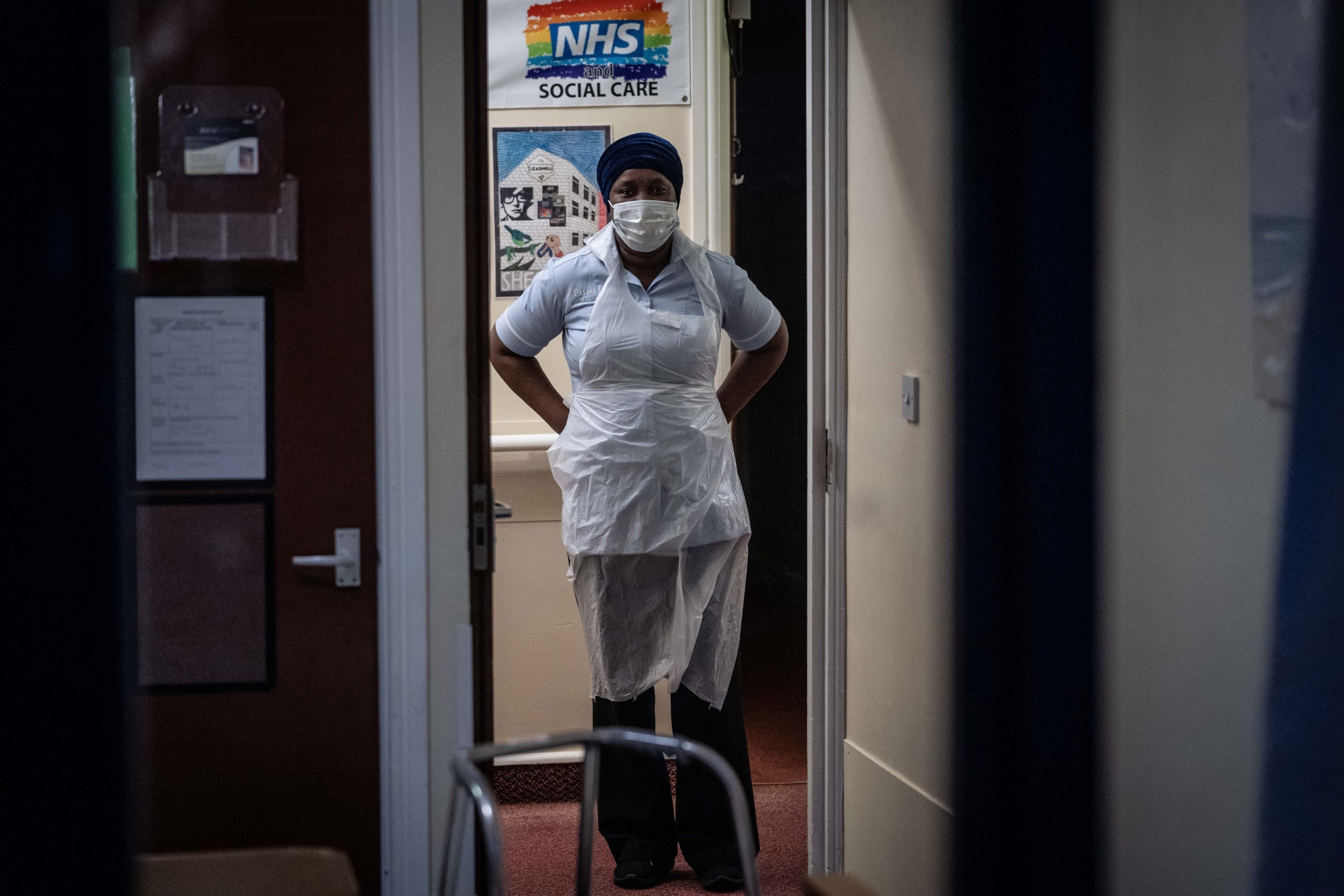
16/18
A staff member puts on PPE at Newfield Nursing Home
Tom Maddick/SWNS
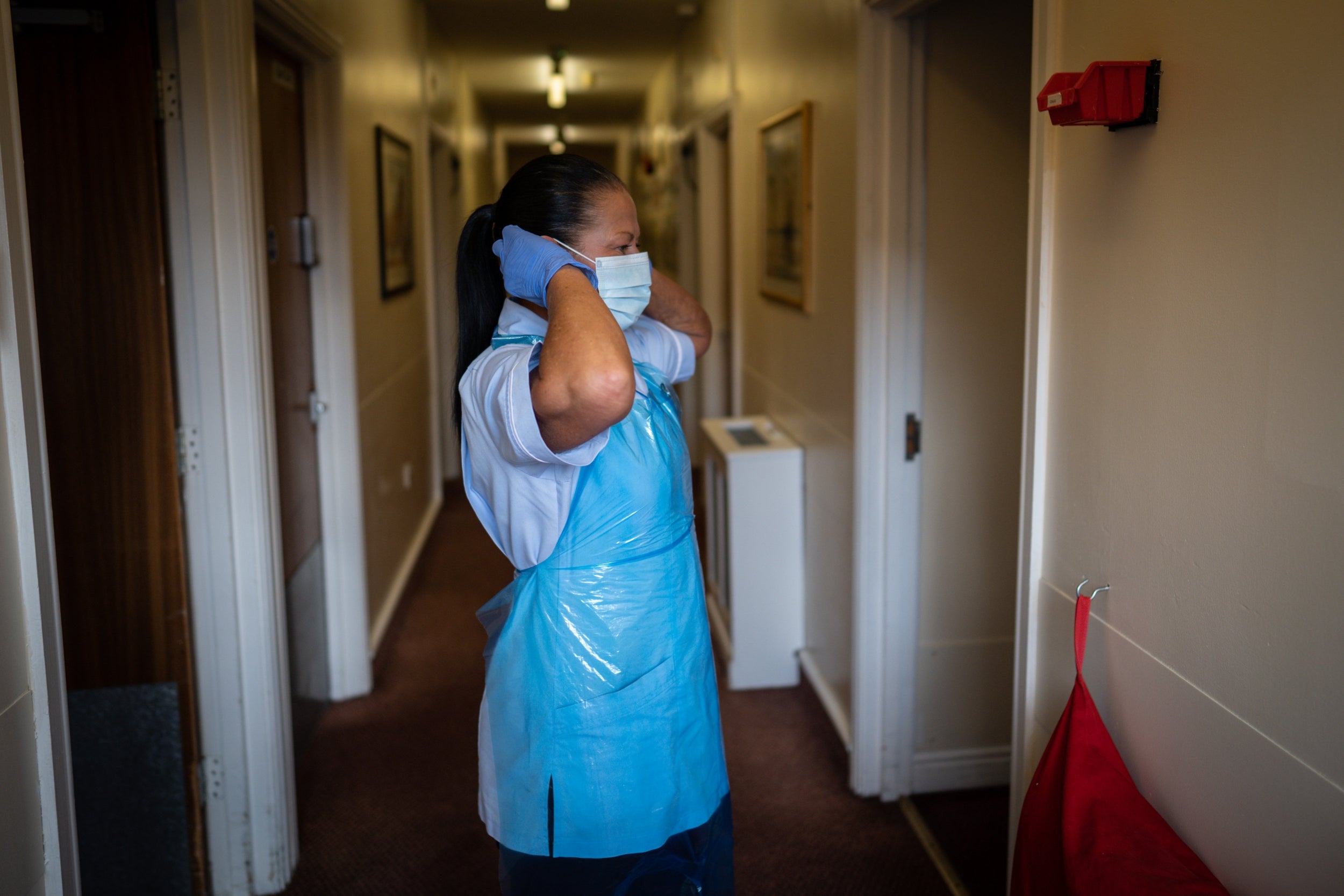
17/18
Jackie Wilson, a healthcare assistant, puts on PPE before she enters a room
SWNS
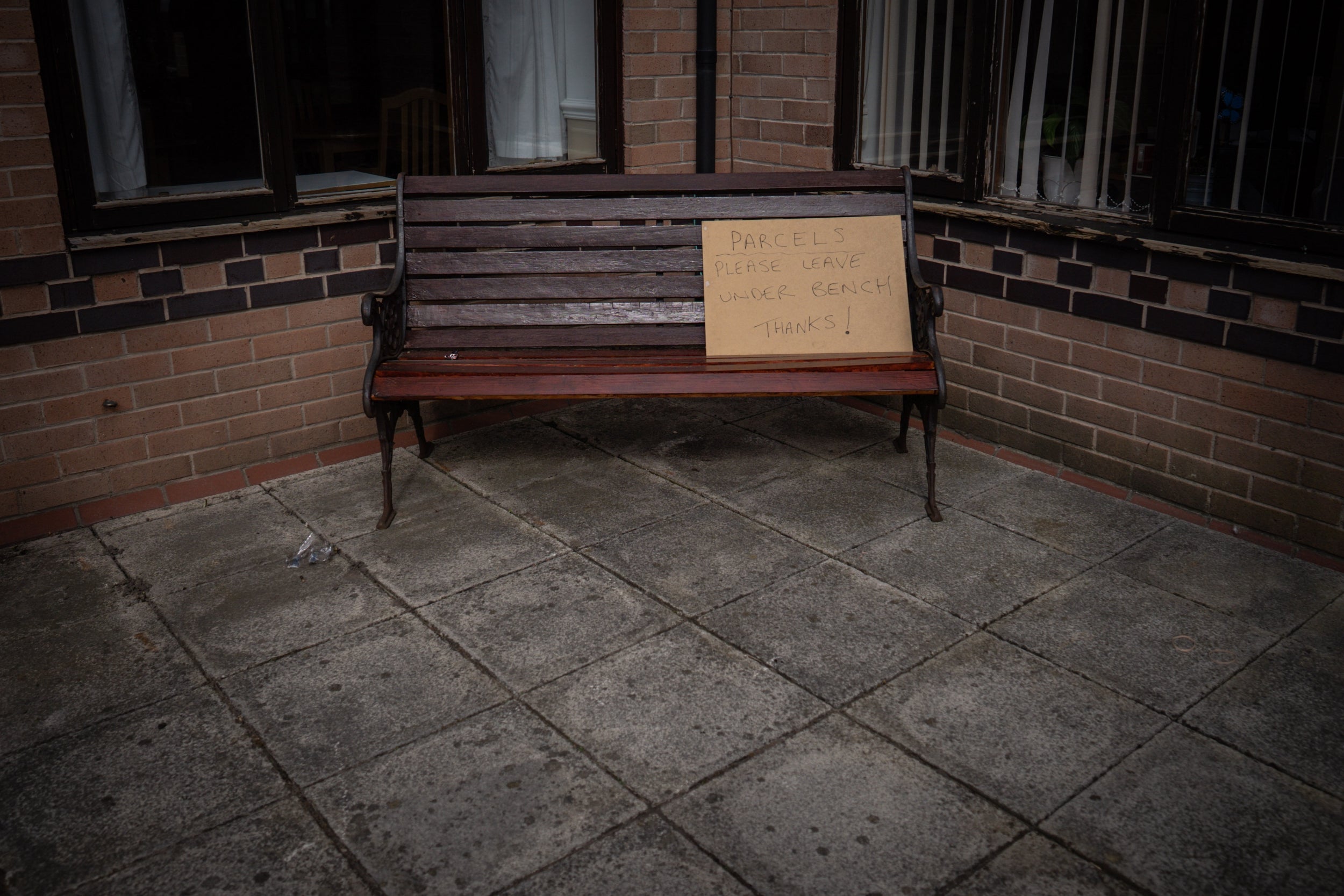
18/18
A bench at Newfield Nursing Home
Tom Maddick/SWNS

1/18
Jack Dodsley, 79, with a carer in PPE at Newfield Nursing Home
Tom Maddick/SWNS

2/18
Jackie Wilson, a healthcare assistant, wearing PPE before going into rooms
Tom Maddick/SWNS

3/18
Jack Dodsley, 79, speaks to a carer at Newfield Nursing Home
Tom Maddick/SWNS

4/18
Carers working at Newfield Nursing Home
Tom Maddick/SWNS

5/18
A care worker wearing PPE opens a drink carton
Tom Maddick/SWNS

6/18
Jack Dodsley, 79, sits with a carer
Tom Maddick/SWNS

7/18
Jack Dodsley, 79, with a carer in PPE
Tom Maddick/SWNS

8/18
A care staff member wearing PPE
Tom Maddick/SWNS

9/18
A staff member at Newfield Nursing Home looks after a resident
SWNS

10/18
A carer wearing PPE uses a speaker
Tom Maddick/SWNS

11/18
A carer helps Jack Dodsley, 79, from his chair
Tom Maddick/SWNS

12/18
A carer wearing PPE helps Jack Dodsley, 79
Tom Maddick/SWNS

13/18
A staff member at Newfield Nursing Home
Tom Maddick/SWNS

14/18
A carer brings food to a resident at Newfield Nursing Home
Tom Maddick/SWNS

15/18
Jack Dodsley, 79, with a carer in PPE
Tom Maddick/SWNS

16/18
A staff member puts on PPE at Newfield Nursing Home
Tom Maddick/SWNS

17/18
Jackie Wilson, a healthcare assistant, puts on PPE before she enters a room
SWNS

18/18
A bench at Newfield Nursing Home
Tom Maddick/SWNS
Prof Horby added: “Returning to a situation where we have lost control again is far worse than another week or two of social measures.”
On the concerns, a No 10 spokesperson said: “As the PM said on Thursday when this next step was unveiled, we have at all times been informed by the data and evidence, and this package of measures has been carefully designed so that we can ease the burdens of lockdown while expecting to keep that R below one.”
It comes after a tranche of Sage papers revealed the experts advised the government in April said it was “likely” the R-value – the average number of people that will contract coronavirus from an infected person – would go above one should non-essential shops be reopened.
Meanwhile, Downing Street warned the public that new rules allowing groups of six to meet up in gardens or private outdoor space will not come into force until Monday.
The Lake District National Park Authority has urged people to “show care and consideration for everyone who lives and works” in the area, while Dorset Police has told people to “go home or elsewhere” if an area looks too busy.


